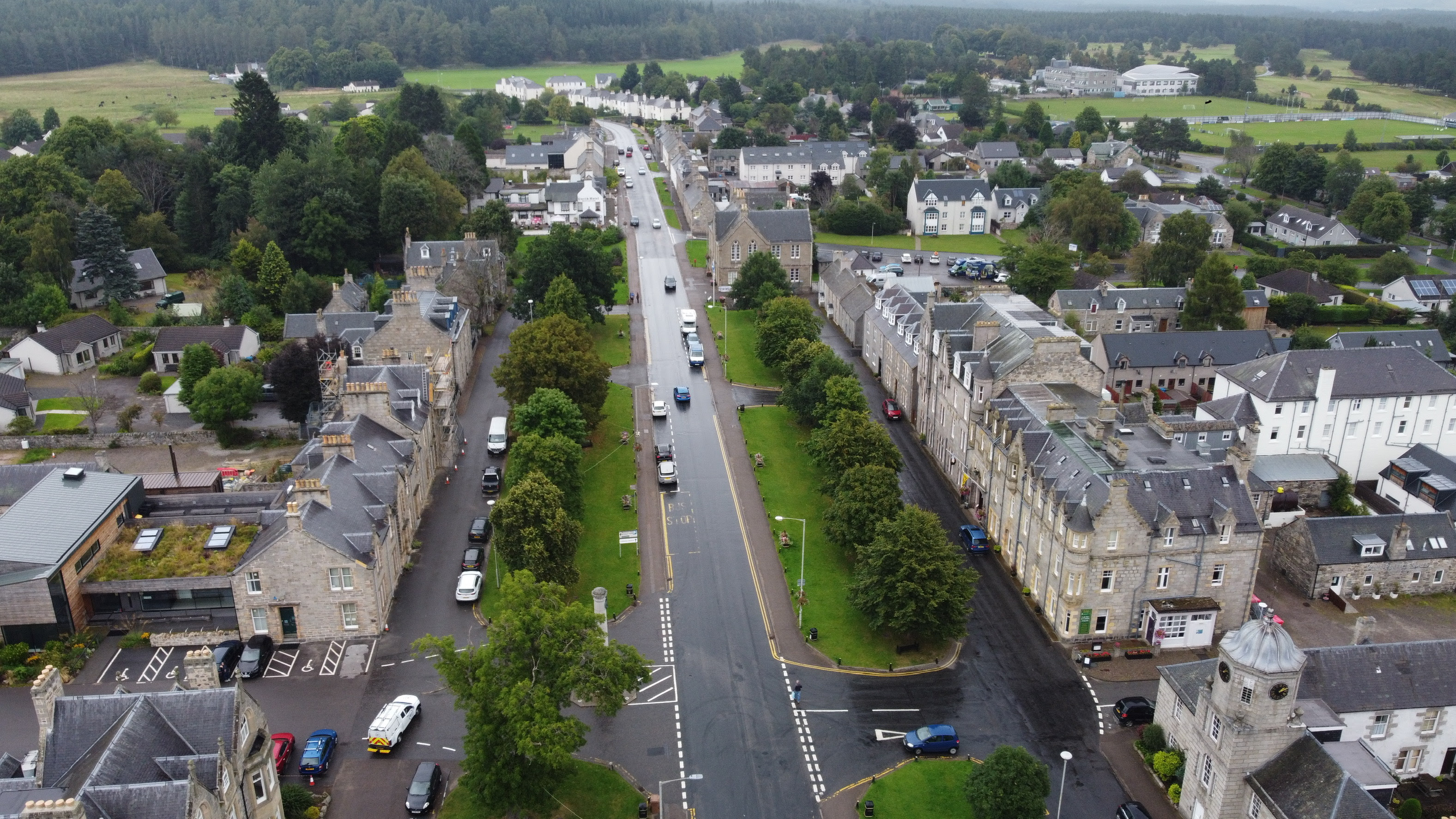Badenoch & Strathspey short-term let control area commences

Badenoch & Strathspey has become only the second part of Scotland to have a control zone for short-term lets (STLs) after the rules came into force yesterday.
The policy requires STL operators to make a planning application for a change of use in order to continue their letting business or start a new one.
A similar control area was approved for Edinburgh in 2022.
The Highland Council recently hosted three Short-term Let Control Area Information Sessions ahead of the Badenoch & Strathspey Control Area coming into force.
The first of the sessions was hosted online and attracted over 120 users. This session was recorded and is currently being added to the council webpage.
Two in-person sessions were held last Wednesday in Aviemore Library, one in the afternoon and one in the evening. Both sessions were well attended, with officers on hand to provide advice and answer a range of questions from both Short-term Let Operators and the local community ahead of the Control Area coming into force on Monday.
The council webpage contains further information on what will change when the Control Area comes into force and the council would recommend anyone who is operating or is proposing to start a short-term let to view this information.
More information can also be provided by emailing devplans@highland.gov.uk.
Fiona Campbell, CEO of the Association of Scotland’s Self-Caterers, said: “The Highland Council has thankfully taken on board the outcome of second Judicial Review and recognises that the Planning Control Area cannot be applied retrospectively. However, hundreds of businesses have needlessly applied for planning permission, with significant associated costs, when they simply didn’t need to.
“Regrettably, the Scottish Government appears to be content to strangle small indigenous businesses whilst concurrently cutting the housing budget by £200m. It is difficult to assess how either will ameliorate the housing crisis. Indeed, on the contrary, evidence suggests that it will merely damage tourism irreparably and exacerbate the number of second homes across our rural communities.”








